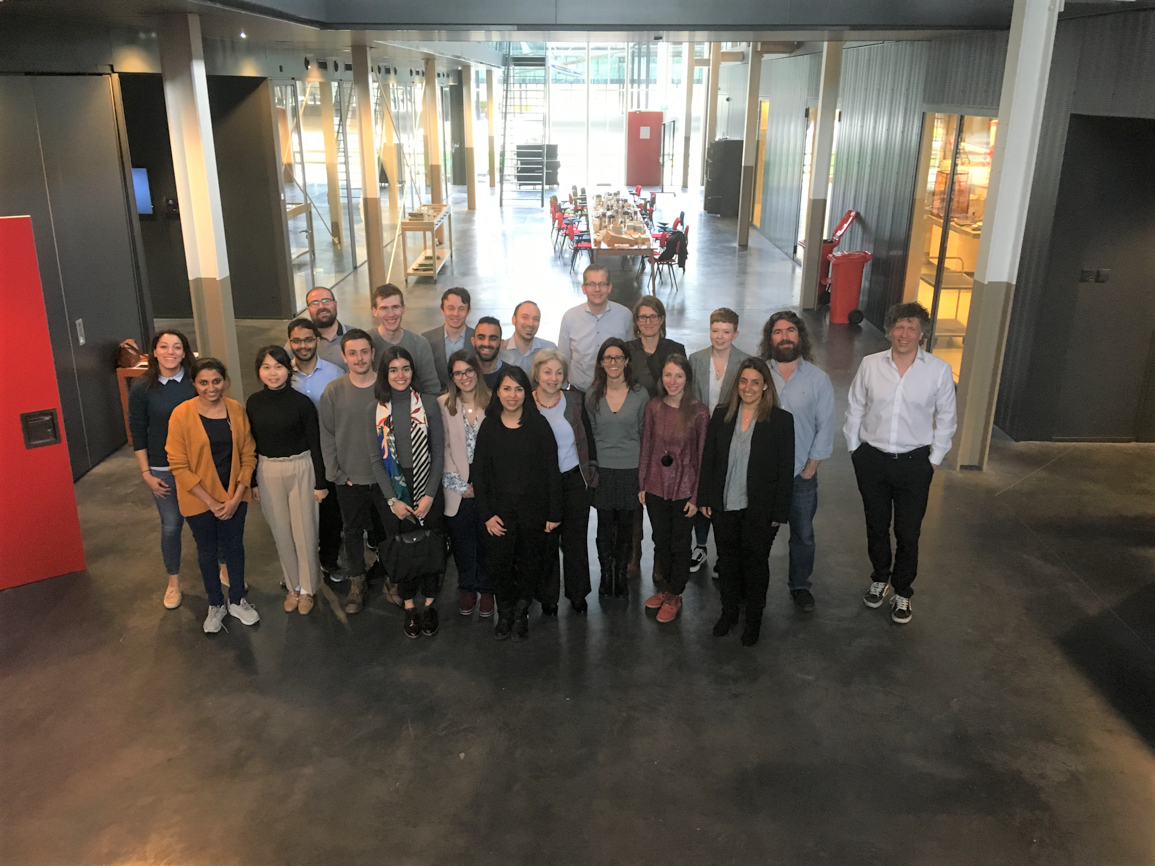Training the new generation of scientists for side effect-free chemotherapies
Enormous progresses have been made in the last decades to improve cancer prevention and therapy. However, it still affects the life of millions of people every year, many of them cannot overcome the disease. Moreover, current treatments are mostly based on the systematic administration of high doses of drugs to the patients, which generates very often severe side effects. One way to revert this situation is to reformulate the approach to combat cancer, focusing on more controlled, precise and directed ways to administrate drugs. The THERACAT (THERApeutic CATalysts) project was born to contribute reaching this objective by forming a new generation of high-level researchers to tackle these challenges from a multidisciplinary perspective. THERACAT, a four-year Marie Skłodowska-Curie European Training Network (MSCA-ITN-ETN), establishes an international training programme focused on the innovative topic of bio-orthogonal catalysis for cancer therapy. The project is coordinated by Dr. Lorenzo Albertazzi, Group Leader of the Nanoscopy for Nanomedicine group at the Institute for Bioengineering of Catalonia (IBEC). The other eight participants are: Technische Universiteit Eindhoven, Rijksuniversiteit Groningen and Tagworks Pharmaceuticals BV from the Netherlands; Universität Basel in Switzerland; University of Edinburgh in Scotland; Tel Aviv University and TEVA Pharmaceutical Industries Ltd. in Israel and Biogelx Limited in the UK. The training network The THERACAT consortium, formed by renowned European players in the academic industrial sector, will train 13 early stage researchers (ESR) specialized in different aspects of catalysis-based approaches. ESRs will participate in periodic training events organized by the different partners where they will acquire a solid state-of-the-art multidisciplinary scientific training in the bio-orthogonal field of research, going from basic science to industrial applications. Moreover, complementary skills on science communication, gender and minorities aspects and management and entrepreneurship will complete the practical training on transferable skills. With all these skills, researchers will not only generate high impact science, contributing to find new solutions for cancer therapy, but they will also improve their professional perspectives and will strength European leadership in this scientific field. The science behind THERACAT: a new system of drug delivery directly towards tumor cells THERACAT aims to exploit the therapeutic potential of bio-orthogonal catalysis and to develop a collection of catalysts that could be used in complex biological media. Scientific issues addressed are the availability of metal-labile protective groups stable under physiological conditions; the development of highly active and stable catalyst systems; and a complete understanding of in vivo catalyst localization, catalytic activity, toxicity and anticancer activity. Bio-orthogonal catalysis refers to chemical reactions that can take place inside a living organism without modifying its natural processes. In THERACAT, ESRs will develop nano- and micro-particles that bear a catalytic unit able to deliver drugs to the tumor cells. The idea is that these non-toxic particles would be administrated to the patient as catalytic “drugs activators”. After the catalyst is in place the patient is administered with pro-drugs: that is inactive drugs that will have no effect on the body (i.e. no side effects). Only when the pro-drugs are activated by the nanoacatalyts they will “turn on” and then start to perform their action. As the catalyst is localized in the tumour, a local and specific effect will be obtained, reducing side effects. Moreover one nanoparticle can activate thousands or millions of drugs amplifying the effect.



